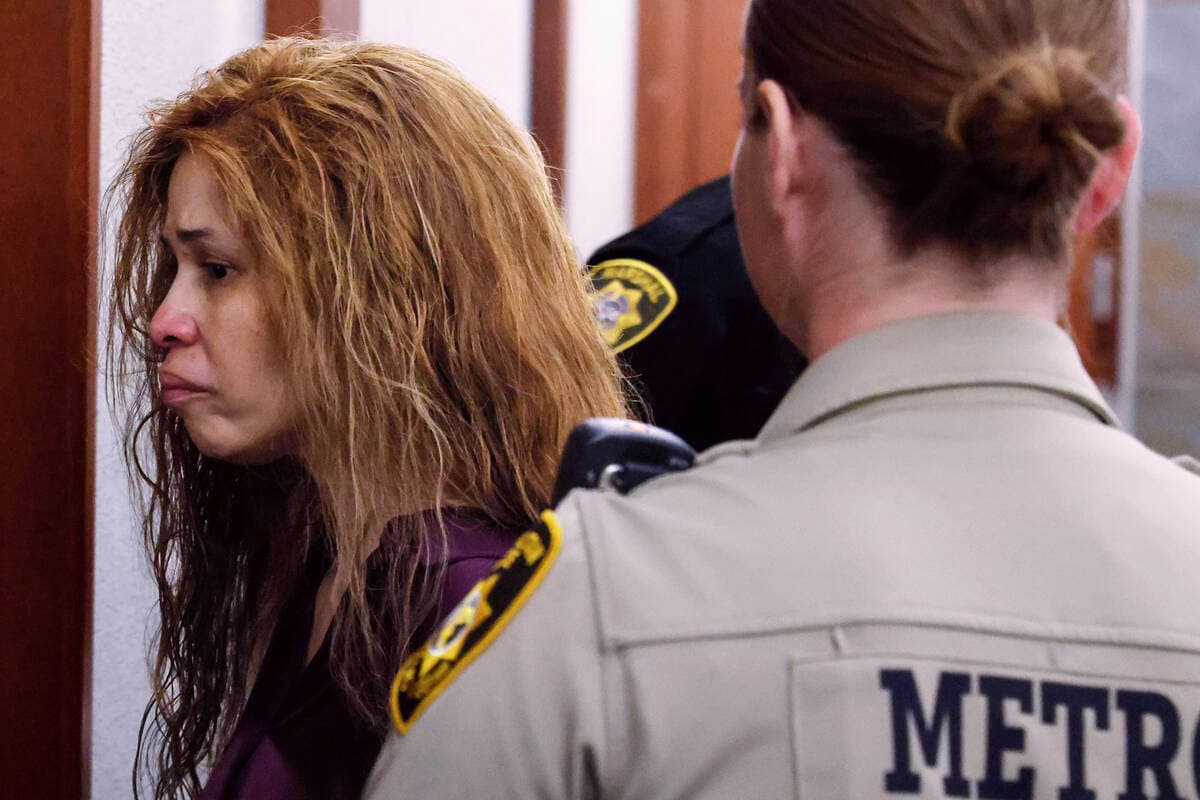Overturned Conviction Linked Defendant Now Suspected in New Homicide
Philadelphia police sought an arrest warrant after a 68 year old man was found fatally beaten in his Stenton section apartment, and investigators say the suspect is a defendant whose earlier murder conviction was vacated. The case matters to enthusiasts because it underscores the fallout from misconduct by a former detective, the ripple effects on re examined convictions, and the challenges of pursuing justice after a high profile scandal.

Philadelphia police moved on November 15, 2025 to obtain an arrest warrant for 31 year old Arkel Garcia after an elderly neighbor discovered David Weinkopff, 68, fatally beaten in his Stenton section apartment. Authorities described the attack as violent and said investigators were treating the incident as likely related to robbery. The development places Garcia at the center of a renewed public and legal focus because his earlier murder conviction was overturned amid revelations tied to the conduct of former homicide detective Philip Nordo.
Police said their recent probe relied on video and audio evidence, items discarded near SEPTA tracks, and other investigative leads that allegedly connect Garcia to the killing. The Inquirer reports that those pieces of evidence form the basis of the warrant application, though prosecutors and police have not yet announced formal charges as of the warrant filing date. The violence in Weinkopffs building has alarmed residents in the Stenton area, who have been following both the investigation into the apartment death and the larger story of cases touched by Nordo.
Garcia was previously convicted in the shooting death of Christian Massey, a conviction that was later vacated as part of a sweeping reassessment of cases handled by Nordo. That former detective subsequently faced criminal convictions for sexual assault and other offenses that prosecutors and reform advocates said were tied to abusive investigative practices. The Nordo scandal prompted courts to reopen multiple prosecutions, and it has left prosecutors, defense attorneys, and community members grappling with complex questions about evidence integrity and accountability.
For true crime enthusiasts and local observers the current warrant request illuminates several recurring themes. It highlights how misconduct by a single investigator can reverberate through the justice system, leading to overturned convictions and to difficult decisions about retracing investigative steps when new crimes arise. It also shows the practical challenges investigators face when reconstructing events with limited or compromised prior records and when attempting to reconcile overturned adjudications with fresh allegations.
The case is likely to attract attention as it moves through the legal system, both because of Garcias prior vacated conviction and because it sits squarely within the broader narrative of the Nordo era. Observers should expect additional developments including any formal charges, arraignment proceedings, and the prosecution's presentation of the video and audio materials police cited. For hobbyists who follow case law and police procedure the unfolding matter will offer further insight into how departmental misconduct influences subsequent investigations and public trust in criminal justice outcomes.


